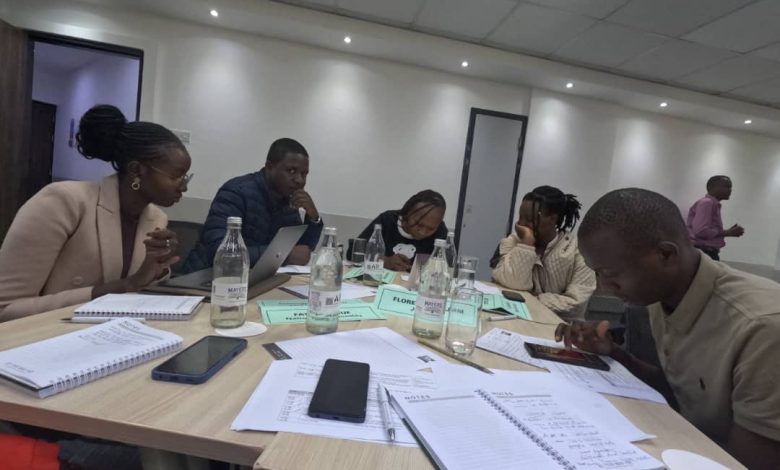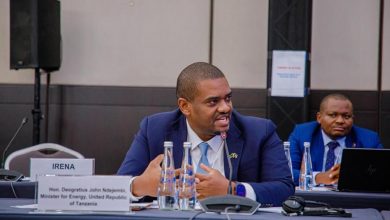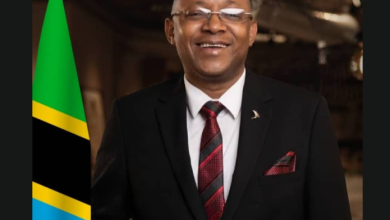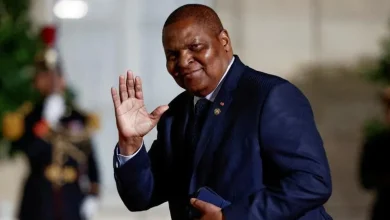FAJ calls for protection of African labour mitigrants heading abroad

NAIROBI, KENYA: African journalists have been urged to report on the challenges faced by labour migrants from the continent when they move to other countries, in order to expose these issues and prompt appropriate action.
The President of the Federation of African Journalists (FAJ), Omar Faruk Osman, made the remarks during a three-day training workshop organized under the Joint Labour Migration Programme (JLMP) in collaboration with the African Union Commission, the International Organization for Migration (IOM), the International Labour Organization (ILO), and FAJ.
Osman emphasized that it is important not to allow African stories and histories to be told by others in the way they want.
“We cannot create or narrate the story of our continent or our people if we are not the ones telling it. At the end of the day, journalism is a service to the community.
“If we cannot serve our people, if we cannot tell their history in a way that reflects their reality or in the way they would want, then we are not practicing journalism for the community.
“We become mere machines distributing information sent to us. We just publish and broadcast it. But the human story—how our people suffer, how they are humiliated—is something very close to us, and we must act on it,” he said.
He expressed satisfaction that migration has now become part of the media agenda.
“We should use this opportunity to tell the stories of our people, to highlight the suffering of our brothers and sisters who return home in coffins.
“Look at what is happening in the Gulf countries—it is shameful. These countries are enriching themselves through migrant workers. But are our people getting wealthy? No. Are their health and welfare being considered? No.
“Are they facing serious abuse? Yes. Are we saying anything about it? No,” Osman questioned.
He added that although Africa has many laws, policies, and regulations, the biggest problem is implementation.
“Our politicians, including Members of Parliament, are not implementing what is supposed to be done. And because of that, we shouldn’t continue making new policies all the time.
“We need to focus on ensuring our people are protected. The only way is to expose these abuses.
“How many of you know that last week in Geneva, African trade unions filed an official complaint against Saudi Arabia?
“It was one of the most serious complaints ever submitted to the ILO against that country. People underestimated us—they didn’t believe Africans could do that,” he said.
Despite the significance of that complaint, he noted, African media gave it minimal coverage.
“If you go to Jomo Kenyatta International Airport every day, you’ll see our brothers and sisters returning in tears—and not always in coffins.
“How are we telling that story? It has a deeply human face. How are we urging the African Union to ensure member states implement what they agreed upon?
“How are we exposing corrupt politicians who collude with wealthy Arabs funding our governments to cover up these atrocities?
“How do we uplift the dignity of Africans? How do we say ‘Black Lives Matter’ in our own way? This is extremely important,” he emphasized.
He concluded by stressing that journalists must speak for Africans, give them a voice, tell their history, and expose the injustices they face.





